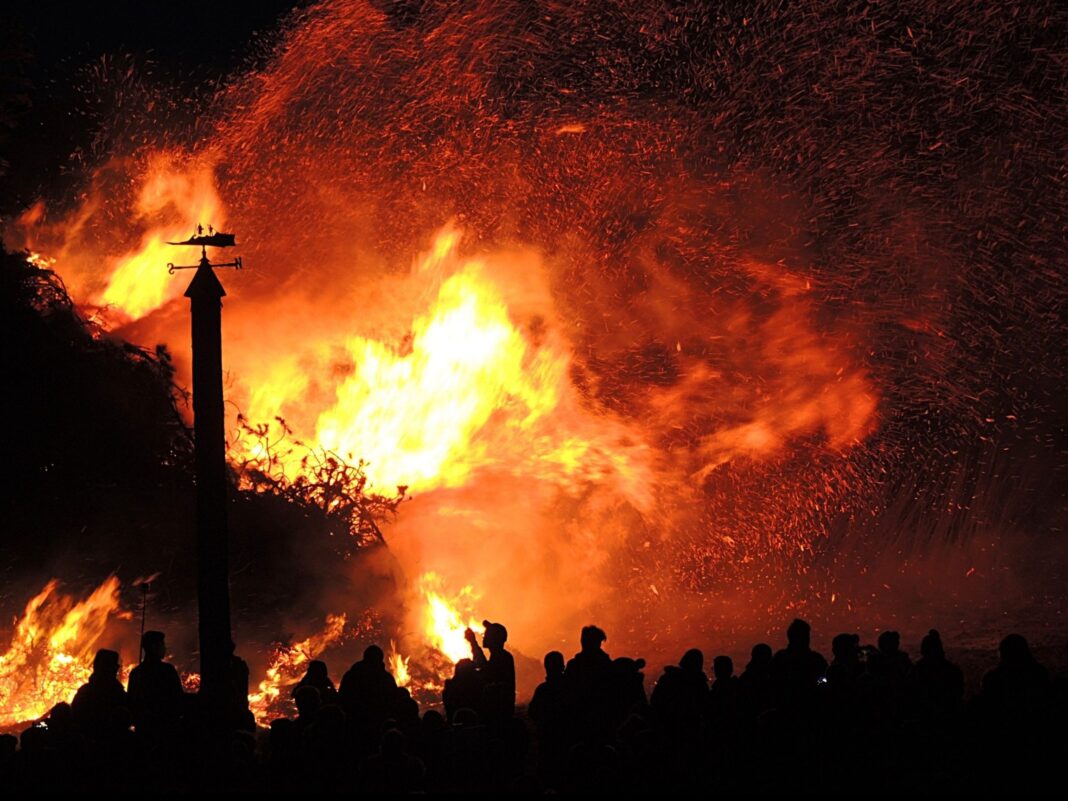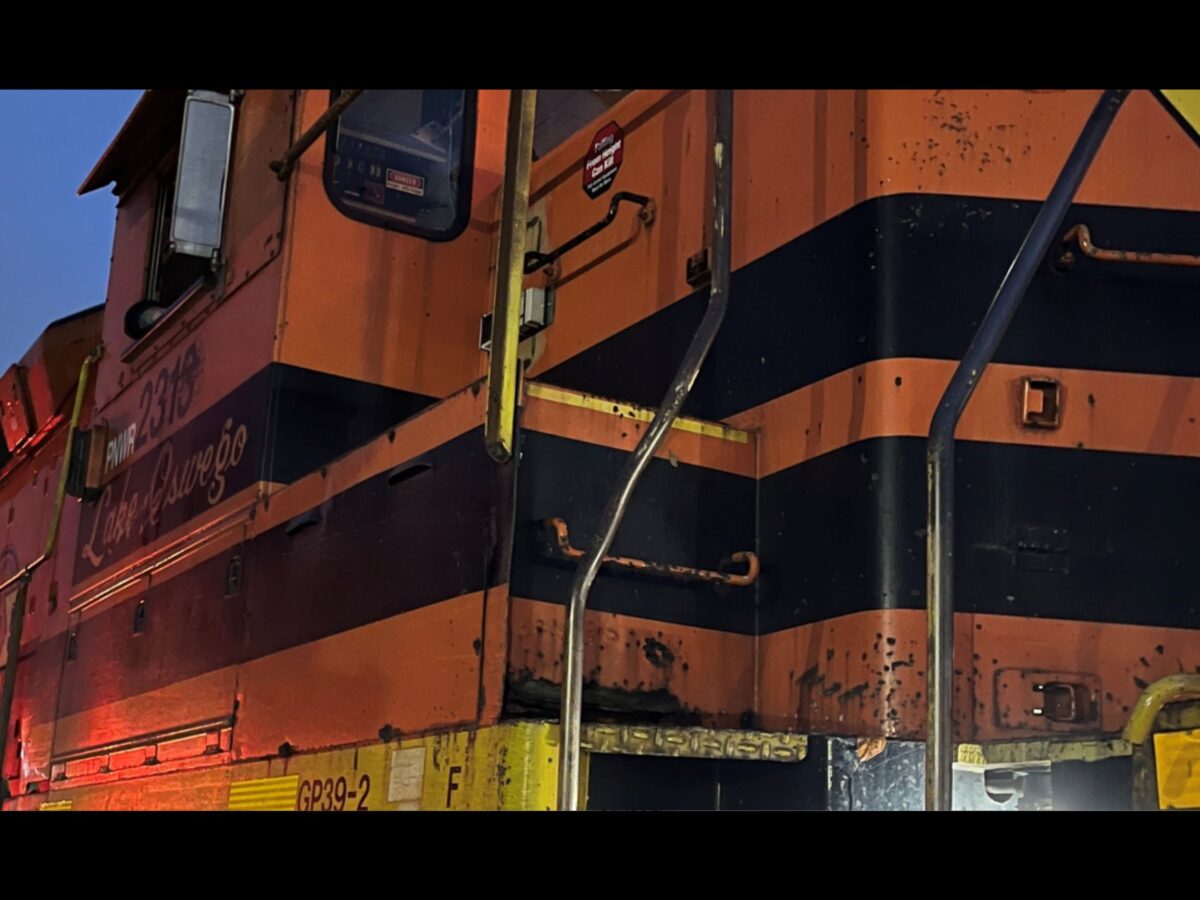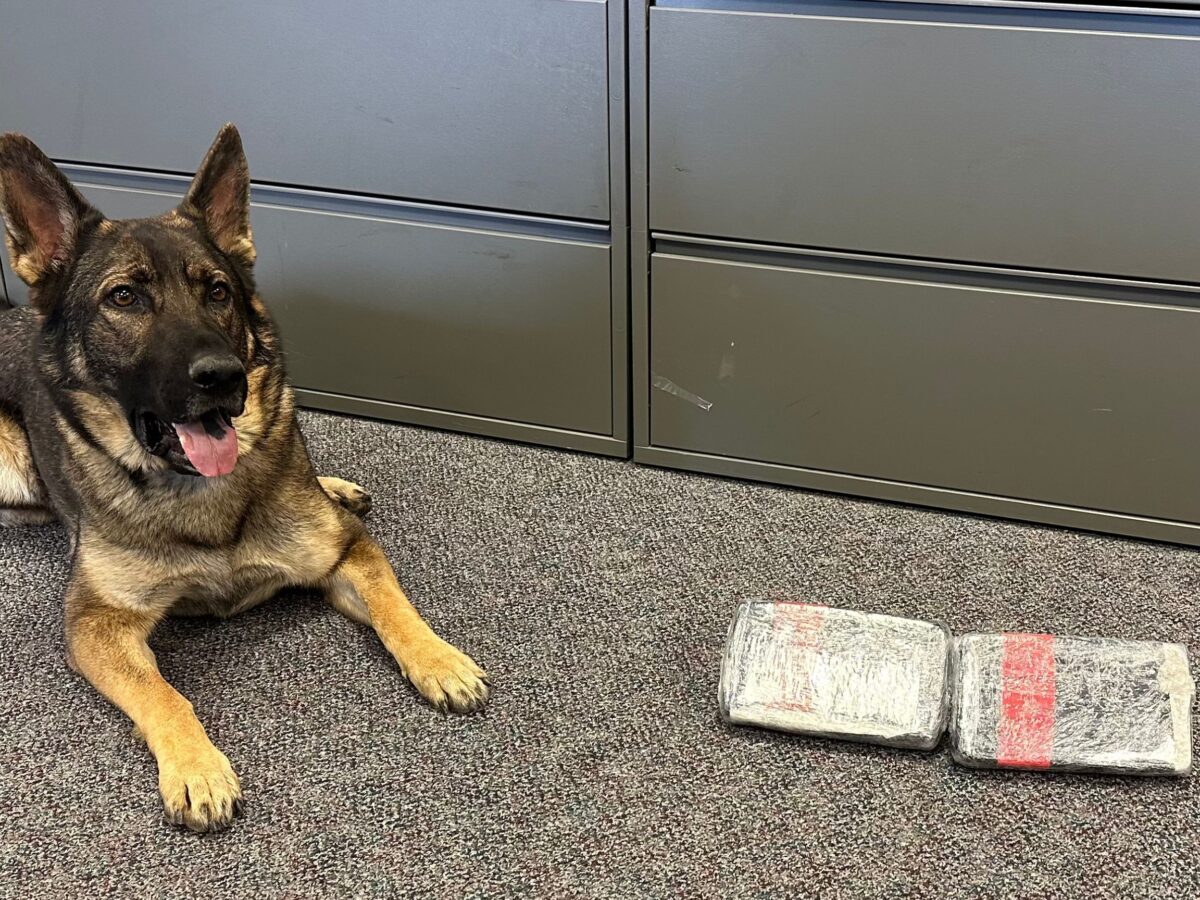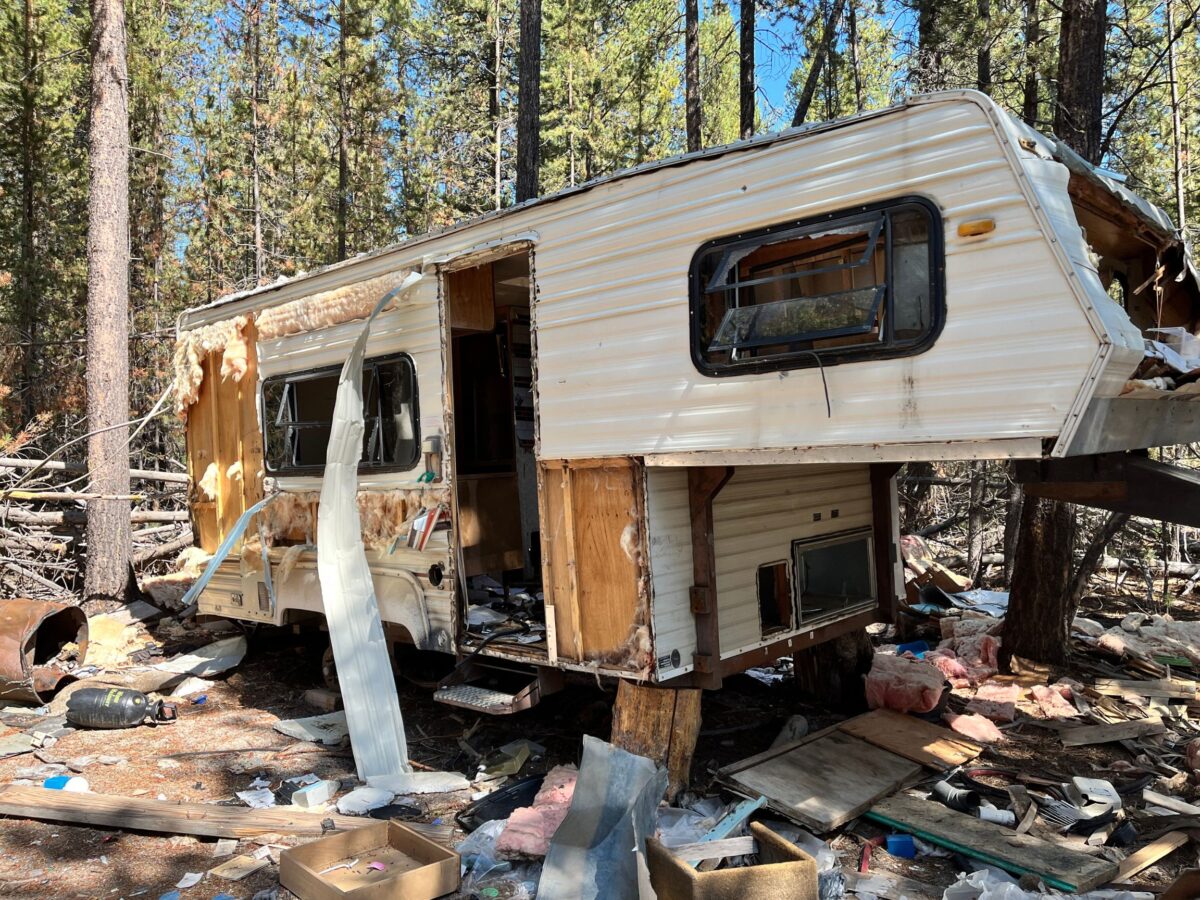Last weekend, the Oregon Department of Forestry (ODF) welcomed back 21 of its firefighters who’ve been fighting wildfires across the state of Texas for the past two weeks. At the same time, the agency will send another 11 to Texas for two more weeks. Seventeen other ODF firefighters have been in New Mexico since April 18 helping that state in their wildfire suppression efforts. That group is expected back around May 2.
The firefighters went to Texas and New Mexico under mutual assistance agreements between the states. When wildfire activity is low in Oregon, such as during this cool April, firefighters can be spared to help in places experiencing high levels of wildfire. Oregon can and has called on those same states to send firefighters and equipment when wildfires here exceed local capacity. Most recently, Oregon gratefully welcomed 33 firefighters and 15 engines from various states who came to help battle the Bootleg fire, which ended up being the state’s third largest wildfire of the past century. During the 2020 Labor Day wildfires, more than 7,500 personnel from 39 states—including both New Mexico and Texas—and multiple Canadian provinces answered Oregon’s call for help.
“Fire is a family. We’re ready to help whenever we receive the call from one of our partner states,” said Mike Shaw, ODF’s Fire Protection Division Chief. “But know that we don’t give these resources lightly. Before committing to any deployment, we make sure that our own fire management system is prepared and ready to respond to fires here in Oregon.”
So why does Oregon send resources to help other states? Through these mutual assistance agreements with other states, including Alaska and NW Canadian territories, states can share resources with one another, creating a larger, comprehensive fire management system.
“We call this the complete and coordinated fire system,” Shaw explained. “The relationships built through our assistance in other states benefit Oregon when our fire season hits its peak.”
Ron Graham, Deputy Chief of Operations for ODF’s Fire Protection Division, said, “The hope is that if we help them, they will then come and help us when our resources become strained, creating a cache of reciprocal resources for all of us to call on when needed.”







